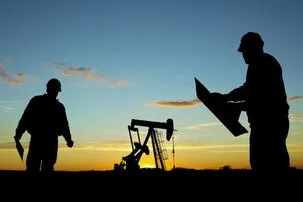Petroleum engineering is a field of engineering that deals with the exploration, extraction, and production of oil and natural gas. Petroleum engineers are responsible for developing and implementing technologies to extract these valuable resources from the earth in a safe, efficient, and cost-effective manner.
Petroleum engineers work in a variety of settings, including oil and gas companies, consulting firms, and government agencies. They are involved in all stages of the oil and gas production process, from identifying potential drilling sites to designing and implementing extraction methods. They also play a crucial role in evaluating the feasibility and economic viability of potential drilling projects.
One of the key responsibilities of a petroleum engineer is to design and oversee the construction of drilling equipment and facilities. They also analyze and interpret data from drilling operations to optimize production and ensure the safety and environmental sustainability of the extraction process.
Petroleum engineers work closely with geologists and other professionals to assess the geological characteristics of potential drilling sites and determine the best methods for extracting oil and gas reserves. They also collaborate with environmental engineers to minimize the impact of drilling operations on the surrounding ecosystem.
In addition to technical expertise, petroleum engineers must have strong problem-solving and analytical skills, as well as a thorough understanding of industry regulations and best practices. They must also stay current with the latest advancements in drilling technology and industry trends.
Overall, petroleum engineers play a critical role in meeting the world's energy needs by ensuring the efficient and responsible extraction of oil and natural gas resources. Their work is essential for maintaining a stable and sustainable energy supply for global economies.

